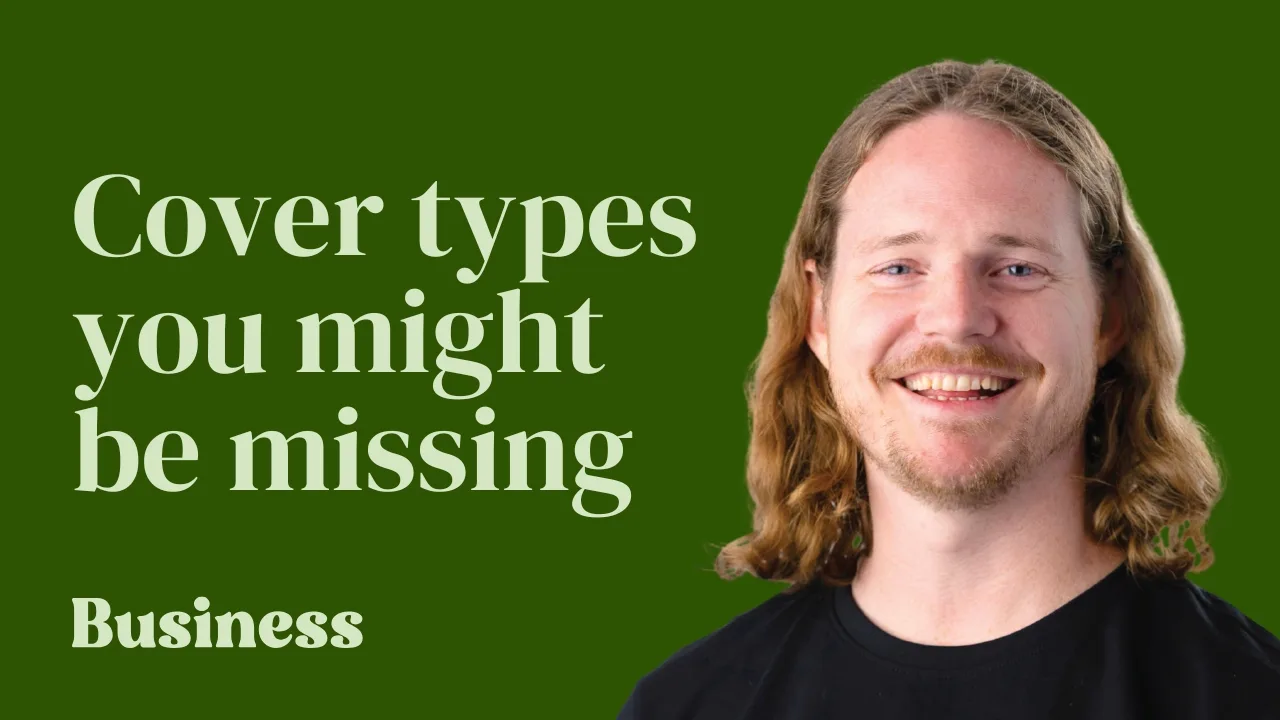Could BetaShares Australia 200 ETF (ASX: A200) be the right idea for ASX investors to pick?
What is A200 ETF?
It’s an exchange-traded fund (ETF) that looks to track the ASX 200 (ASX: XJO) index. What’s the ASX 2oo?
The ASX 200 is 200 of the biggest businesses on the ASX. It has banks like Commonwealth Bank of Australia (ASX: CBA) and Australia and New Zealand Banking Group Ltd (ASX: ANZ). There’s large healthcare players like CSL Limited (ASX: CSL) and Cochlear Limited (ASX: COH). Resources also play a big part like BHP Group Ltd (ASX: BHP), Rio Tinto Limited (ASX: RIO) and Woodside Petroleum Limited (ASX: WPL).
So, with an A200 ETF investment, you’re getting exposure to all these large (and smaller) ASX 200 shares. The smallest holdings are names like Nearmap Ltd (ASX: NEA), Kogan.com Ltd (ASX: KGN) and Blackmores Limited (ASX: BKL).
As you may know – Australia has a lot of money in resources and property, which indirectly helps the financials sector. That’s why over half of the A200 ETF portfolio is invested in financials (31%) and materials (20.9%). It’s up to you to decide if that’s a good thing or not.
How expensive is the management fee?
A200 actually has the lowest ETF fee for an investment that is focused on ASX shares. The BetaShares Australia 200 ETF annual management fee is just 0.07%. That’s great because it means that investors lose hardly any of the returns to the investment manager.
Whilst fees aren’t everything, it can be a big help for the net returns of the ETF over time.
Have the BetaShares Australia 200 ETF returns been good?
It depends how high returns have to be before you consider them ‘good’.
Since inception in May 2018, the A200 ETF has returned an average of 9.6% per year. That’s almost the historical return of 10% per annum that ASX shares have seen over the long-term.
But there have been other ETFs that have delivered better long-term returns such as VanEck Vectors MSCI World ex Aust Quality ETF (ASX: QUAL) and VanEck Vectors Morningstar Wide Moat ETF (ASX: MOAT).
In terms of investing in ASX shares, BetaShares Australia 200 ETF is the cheapest. But in terms of returns, there might be some listed investment companies (LICs) focused on ASX shares that could produce better returns. I’m not a huge fan of how much of the portfolio is invested in the financials and resources sector.








